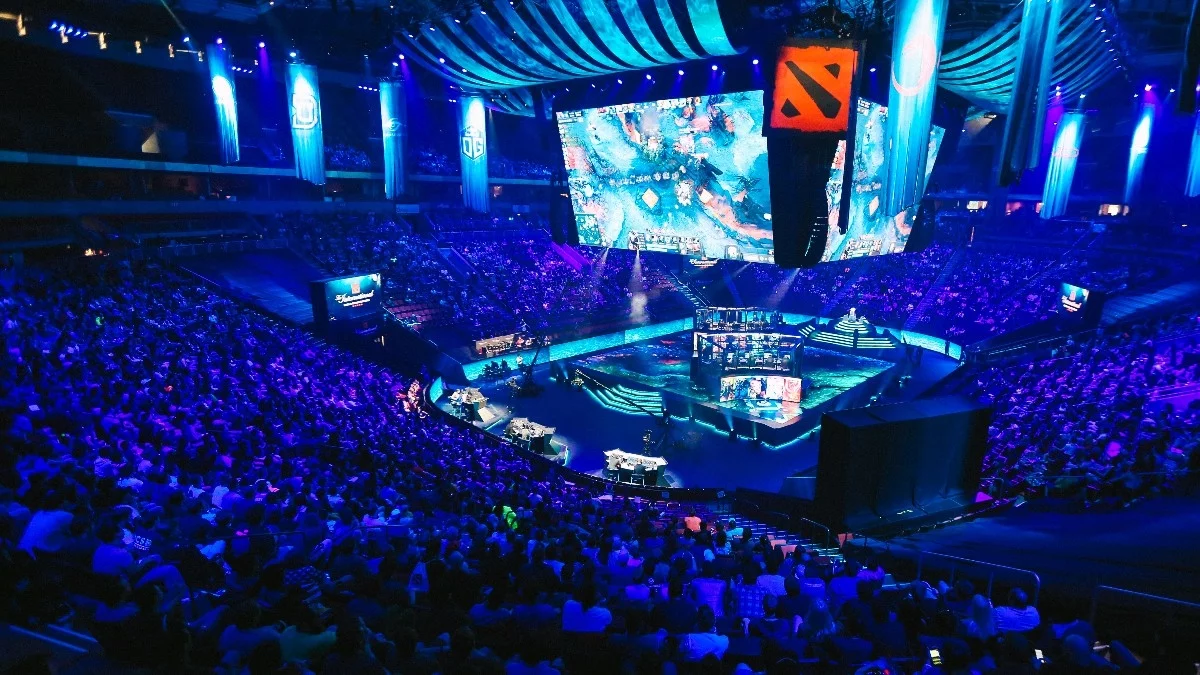Esports has evolved into a global phenomenon, with fans engaging in ways that transcend traditional sports fandom. Central to this engagement is the concept of fan identity, which plays a pivotal role in shaping how individuals interact with esports content and communities. Studies indicate that the strength of a fan’s identity significantly predicts their viewing frequency and overall engagement within esports fandoms .
Fan identity in esports is multifaceted, encompassing aspects such as skill-based admiration, entertainment value, and social connections. For instance, fans who identify strongly with the skill and strategy involved in games like League of Legends or Dota 2 often exhibit higher engagement levels, including frequent viewership and active participation in online communities. Conversely, those drawn to the entertainment and social aspects may engage through interactions in live streams or social media platforms .
The intersection of fan identity and engagement practices highlights the dynamic nature of esports fandoms. As fans continue to shape and redefine their identities within these communities, understanding these dynamics becomes crucial for content creators and organizations aiming to foster deeper connections with their audiences. By acknowledging and catering to the diverse motivations behind fan engagement, the esports industry can cultivate more inclusive and vibrant communities.






